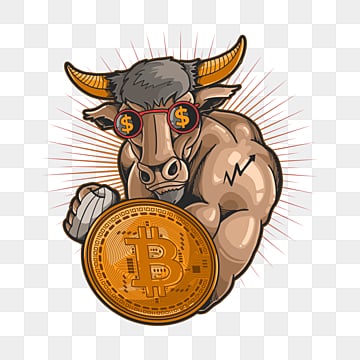
In 12th-century France, the courtiers de change were concerned with managing and regulating the debts of agricultural communities on behalf of the banks. Because these men also traded with debts, they could be called the first brokers. The Italian historian Lodovico Guicciardini described how, in late 13th-century Bruges, commodity traders gathered outdoors at a market square containing an inn owned by a family called Van der Beurze, and in 1409 they became the "Brugse Beurse", institutionalizing what had been, until then, an informal meeting.[16] The idea quickly spread around Flanders and neighboring countries and "Beurzen" soon opened in Ghent and Rotterdam. International traders, and specially the Italian bankers, present in Bruges since the early 13th-century, took back the word in their countries to define the place for stock market exchange: first the Italians (Borsa), but soon also the French (Bourse), the Germans (börse), Russians (birža), Czechs (burza), Swedes (börs), Danes and Norwegians (børs). In most languages, the word coincides with that for money bag, dating back to the Latin bursa, from which obviously also derives the name of the Van der Beurse family. In the middle of the 13th century, Venetian bankers began to trade in government securities. In 1351 the Venetian government outlawed spreading rumors intended to lower the price of government funds. Bankers in Pisa, Verona, Genoa and Florence also began trading in government securities during the 14th century. This was only possible because these were independent city-states not ruled by a duke but a council of influential citizens. Italian companies were also the first to issue shares. Companies in England and the Low Countries followed in the 16th century. Around this time, a joint stock company—one whose stock is owned jointly by the shareholders—emerged and became important for the colonization of what Europeans called the "New World".[17]